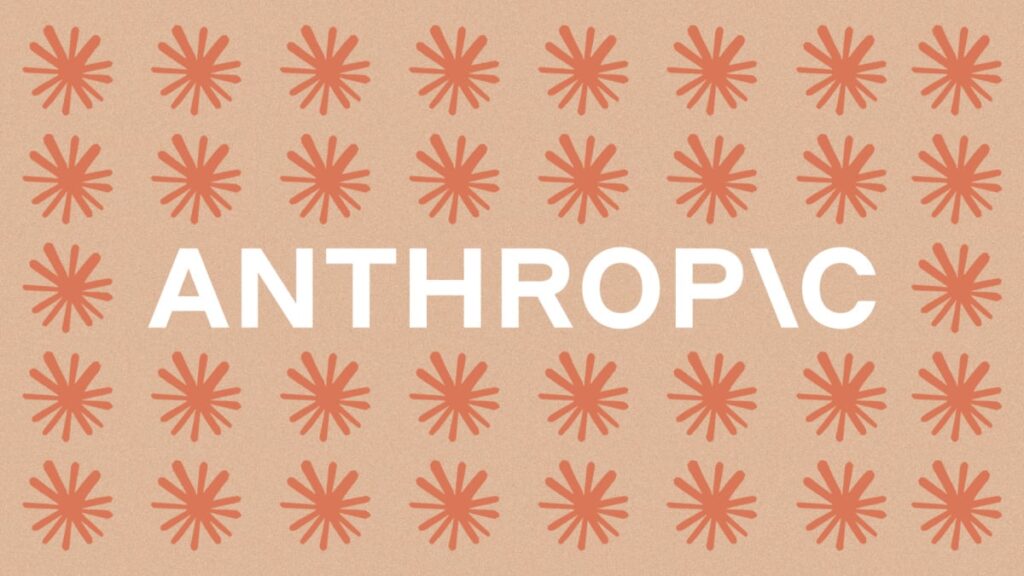In recent events, OpenAI and Anthropic have found themselves embroiled in a significant dispute concerning the use of APIs. Reports indicate that Anthropic has terminated OpenAI’s access to its APIs, claiming a breach of its terms of service. This situation exemplifies the importance of adhering to commercial guidelines in the rapidly evolving landscape of artificial intelligence, particularly as companies seek to develop competitive products.
The core issue stems from the claim that OpenAI utilized Anthropic’s Claude Code API to aid in the development and testing of its forthcoming GPT-5 model. Allegations suggest that OpenAI bypassed the designated chat interface for Claude, leading to unauthorized internal testing capabilities. Through this access, OpenAI allegedly conducted comparative evaluations of GPT-5 against Anthropic’s Claude, assessing various metrics including coding efficiency and creative writing prowess. This instance raises important questions about how AI and automation companies manage competitive intelligence and collaborative frameworks, and whether established norms within the industry are being upheld.
Anthropic’s commercial terms explicitly prohibit using their tools for building competing AI products. This clause is aimed at protecting intellectual property and ensuring that rivals do not exploit one another’s technology for competitive advantages. OpenAI’s argument in defense of its actions—that benchmarking against competing models is an industry standard—may resonate within a broader context of fair competition. However, it raises pivotal concerns regarding the ethics of access and utilization of proprietary technology, especially in a landscape that thrives on innovation and technological strides.
As OpenAI navigates this challenge, its response underscores the complexity of competitive relationships in the AI sector. The firm has expressed disappointment over the loss of API access but also acknowledges Anthropic’s right to enforce their terms. Furthermore, despite this critical setback, OpenAI highlights that Anthropic’s access to OpenAI’s API remains intact, further complicating the narrative. How both companies manage these asymmetrical relationships could heavily influence their future traction in the market.
From a comparative perspective, examining the strengths and weaknesses of AI platforms such as OpenAI’s tools contrasted against Anthropic’s offerings reveals nuanced insights. OpenAI, known for its cutting-edge models and robust API ecosystem, focuses largely on general-purpose AI solutions. Its tools are widely recognized for their extensive capabilities, ranging from natural language processing to complex coding assistance. However, the recent incident serves as a reminder that rapid development must be balanced with ethical considerations, especially regarding competitive practices.
On the other hand, Anthropic has positioned itself as a fundamentally secure option, emphasizing values around alignments and ethical considerations in AI development. Its Claude models are designed with contextual safety features that address critical issues such as harmful content detection, making it attractive to enterprises prioritizing safe AI deployment. Nevertheless, theories around market scalability suggest that while safety may appeal to a niche market, the broader appeal of advanced functionalities might not be as pronounced compared to the offerings from OpenAI.
Cost considerations for utilizing these platforms also bear significance for small to midsize businesses looking to invest in automation technologies. OpenAI’s pricing structures have been crafted to cater to a range of business sizes, with flexibility to scale according to the growing needs of the customer. Conversely, Anthropic’s offerings may yield higher initial costs associated with ensuring ethical compliance, which could be a determining factor for budget-conscious firms. For stakeholders, weighing potential ROI through enhanced productivity must be evaluated alongside initial overheads.
Scalability is another critical contrast between these two platforms. OpenAI’s expansive ecosystem allows firms to adapt models rapidly as per their evolving needs. Conversely, Anthropic may offer a more guided path toward scaling but could also impose restrictions that complicate rapid expansions or shifts. Such dynamics warrant careful assessment based on business size, operational capacity for change, and long-term strategies for AI integration.
In synthesizing this analysis, the takeaway for SMB leaders and automation specialists is profound. The incident between OpenAI and Anthropic is a clarion call for clarity in contractual relations within the AI industry. Organizations must ensure that compliance with ethical standards does not stifle innovation and that competitive practices can co-exist without breaching trust. Furthermore, when evaluating automation tools, decision-makers should prioritize platforms that not only meet immediate operational needs but also align with long-term strategic goals while respecting the competitive landscape.
FlowMind AI Insight: As the competitive tensions within the AI industry intensify, organizations must remain vigilant in their operational frameworks, ensuring alignment with both ethical standards and market demands. Prioritizing platforms that foster collaboration while maintaining robust ethical practices will be crucial in navigating this evolving terrain.
Original article: Read here
2025-08-03 07:00:00

